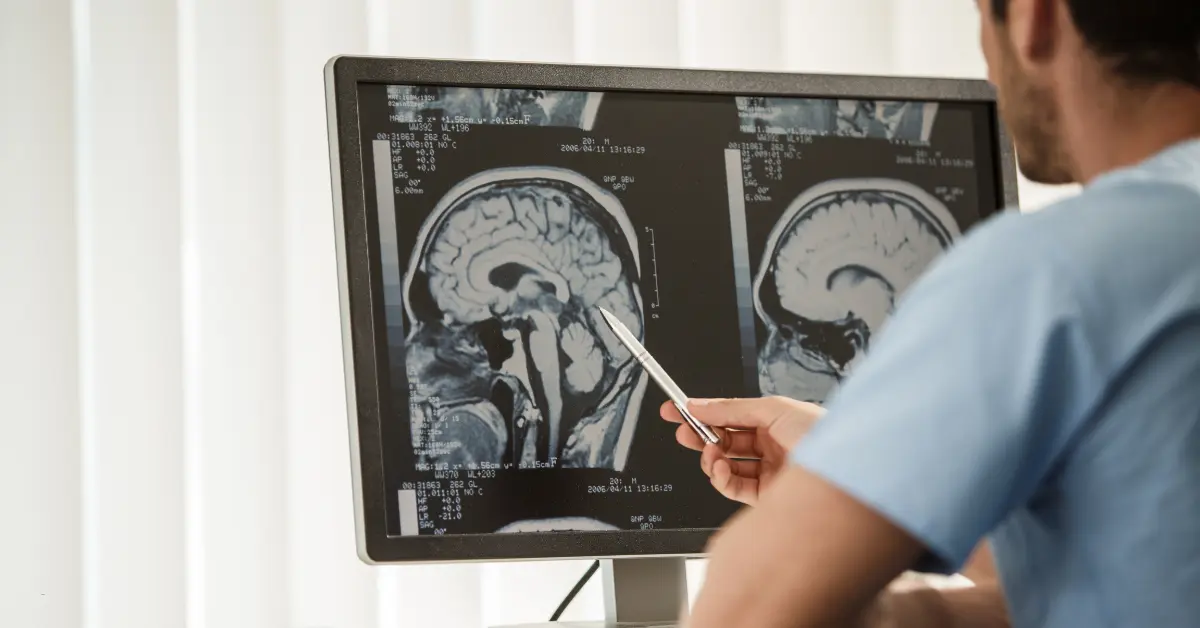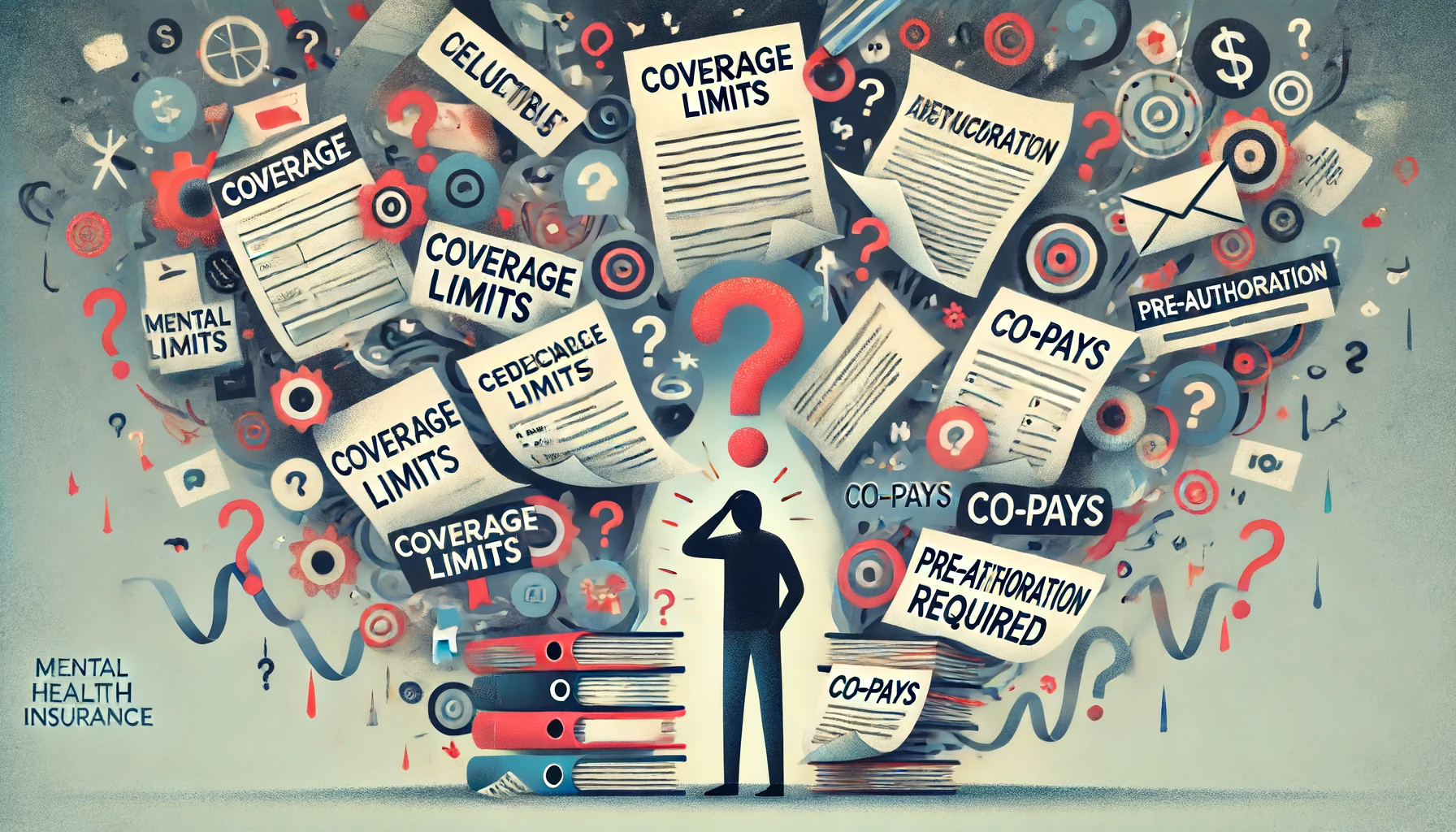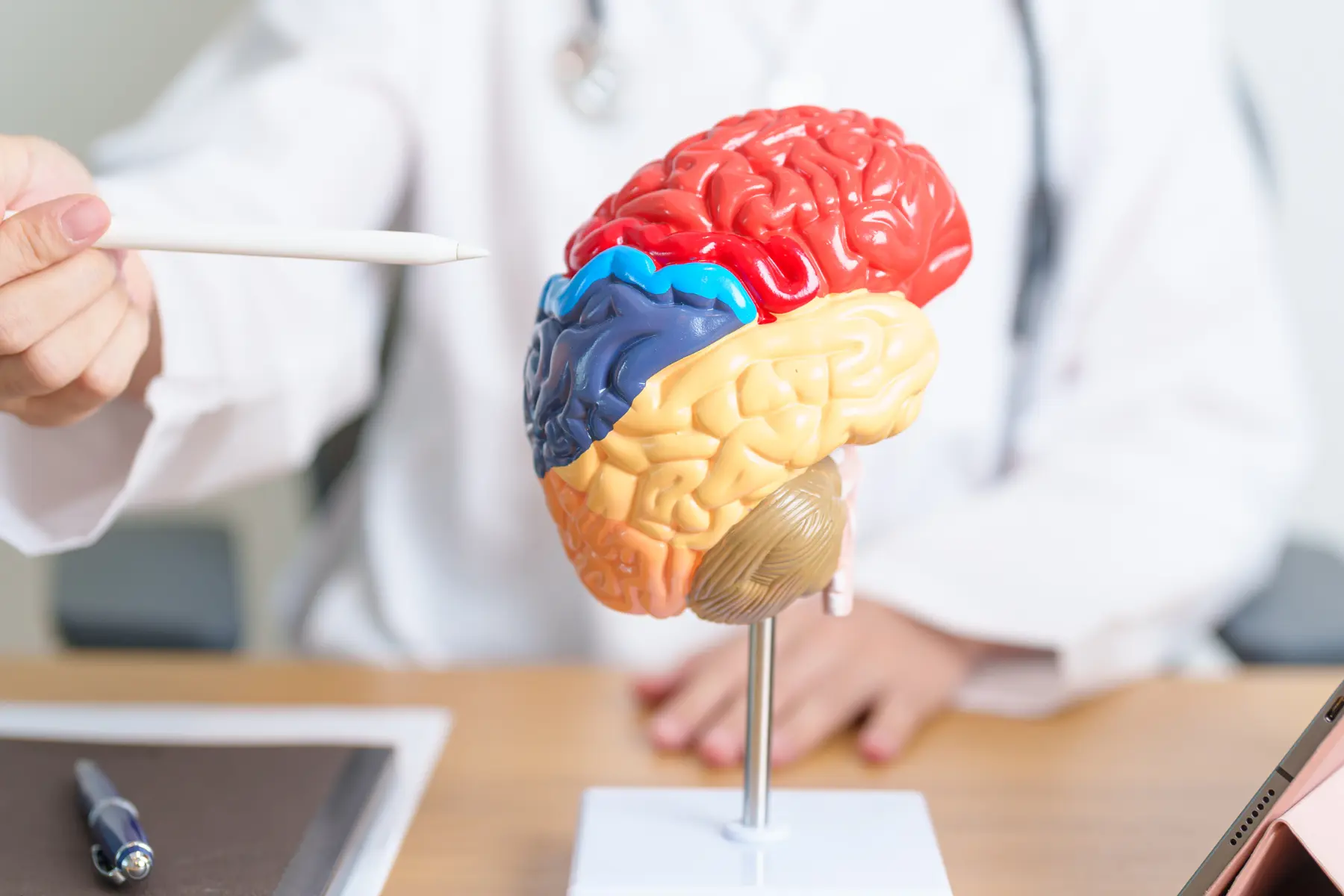Intensive Treatment For Complex PTSD
Transcranial Magnetic Stimulation, or TMS, is a unique mental health treatment that often used to treat depression — especially cases of depression that are resistant other forms of treatment. During TMS, electromagnetic waves are transmitted through the scalp and into the cortex. This stimulates neurons in targeted areas of the brain non-invasively.
The majority of research on TMS focuses on major depressive disorder, however evidence is growing for TMS as an effective treatment for bipolar disorder, OCD, schizophrenia, and ADHD. In 2014, researchers conducted a literature review and meta-analysis of existing studies to determine the general effectiveness of TMS in treating PTSD.
A New Treatment For Complex PTSD
Frontline treatment for PTSD typically consists of cognitive behavioral therapy, exposure therapy, or EMDR therapy. The current medications used to treat PTSD symptoms include SSRIs, atypical antipsychotics, anticonvulsants, and noradrenergic antidepressants. Even with a number of treatments available, an estimated one-third of individuals with PTSD don’t find relief from these options alone.
Current neurologic research suggests that PTSD symptoms are related to a dysregulated fear response within the brain. Individuals with PTSD display a hyperactive amygdala, which is thought to be caused by decreased activity in areas responsible for modulation of the amygdala — the hippocampus and medial prefrontal cortex. Animal models have demonstrated that activation of the ventral medial prefrontal cortex is essential in extinguishing the brain’s fear response.
Holistic Trauma Treatment Explained
As stated before, TMS can be used to stimulate neural activity in targeted areas of the brain. It is thought that TMS can be used to modulate prefrontal structures that are underactive in PTSD patients. Most TMS treatments for PTSD target the dorsolateral prefrontal cortex (DLPFC), a neural area residing within the same mood regulatory network as the amygdala, hippocampus, and ventromedial prefrontal cortex.
In this literature review, researchers identified, reviewed, and summarized eight primary studies examining TMS as a PTSD treatment. All eight studies found TMS to be effective in reducing PTSD symptoms among participants. Of those studies, three were eligible to be included in the meta-analysis.
In the meta-analysis, effect sizes on PTSD scales were statistically significant for all treatment groups except one. In the study conducted by Cohen et al., two frequencies of TMS were measured, low and high frequency. Only the high frequency treatment group showed a significant effect size on PTSD scales. The lack of response in the low frequency group may reflect the low number of pulses administered in this group.
Is TMS the best treatment for PTSD?
In total, there were 132 participants across all eight studies. All studies targeted prefrontal regions of the brain, and most of them utilized a figure 8 coil. Other coils used included angular, circular, and H-coil. The main variables studied were left-side v.s. right-side treatment and stimulation frequency. Both right and left treatment stimulation had significant effects on PTSD symptoms. One study performed a direct comparison, showing that right-sided stimulation was more effective in reducing core symptoms. There were no major adverse effects reported in any study, indicating that the TMS treatment was well tolerated.
Notably, two studies showed the TMS treatment effect remained well after the treatment period; one showed treatment effect at a follow up assessment of two months, and one at 94 days.
fMRI Guided TMS for PTSD
In 2024, another high quality study was published using fMRI Guided TMS to treat individuals with PTSD. They specifically targeted veterans who suffer from PTSD, and many of whom also suffered from various traumatic brain injuries during their service. The researchers were able to decipher a PTSD circuit that TMS was able to treat using magnetic stimulation. After the trial, the results showed that the symptom reduction from PTSD was correlating with TMS regulating the PTSD circuit.
Overall, the literature review concluded that TMS seems to be an effective treatment for PTSD, and further research is needed to determine the most effective methods for reducing symptoms, such as stimulation frequency, number of total pulses, and stimulation side. The researchers also noted the potential of TMS to be used as a way to augment exposure or other psychotherapy. The research is still out on the combination of TMS and neurofeedback for PTSD, but it seems to be a promising augmentation as well.. If you’re looking for the best PTSD treatment center near you, don’t hesitate to call Bespoke Treatment.


























